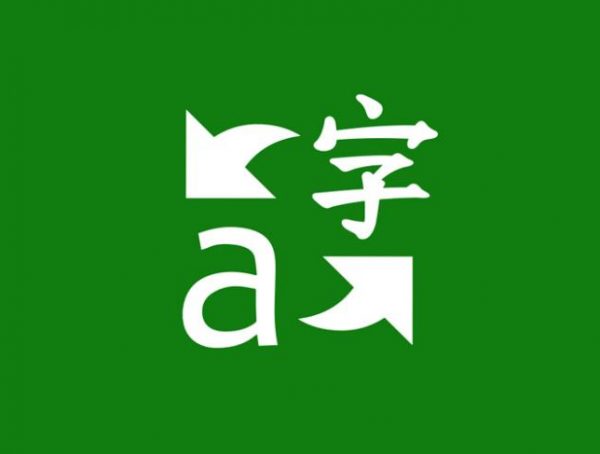Microsoft Translator, the popular translation service, has announced the addition of 13 new African languages to its platform. With this expansion, the platform now supports a total of 111 languages globally, making it a powerful tool for bridging communication gaps across borders.
The newly added African languages include IsiXhosa, Yoruba, Somali, Kinyarwanda, Tigrinya, Hausa, Igbo, Oromo, Wolof, Amharic, Zulu, Setswana, and Sesotho. These languages are widely spoken across the continent, with some having official status in their respective countries.
This move by Microsoft is a major step towards improving communication and understanding between people from different African countries, and also between Africans and the rest of the world. The translation service allows users to translate text, speech, and even images in real-time, making it a valuable tool for businesses, travelers, and anyone looking to break down language barriers.
The addition of these languages is also a positive step towards preserving African cultures and languages, which are often at risk of being lost due to globalization and the dominance of English and other major languages.
In a statement, Microsoft stated that they are committed to making their technology accessible to everyone, regardless of language, location or cultural background. With this expansion, they hope to contribute to the development and growth of African economies and societies.
This news has been met with excitement and enthusiasm across the continent, with many celebrating the recognition and inclusion of their respective languages. It is a positive step towards a more inclusive and connected Africa, where communication barriers are broken down and diverse cultures are celebrated.
In conclusion, Microsoft Translator’s expansion into these 13 new African languages is a major achievement and a significant step towards creating a more connected and inclusive continent. It is a powerful tool for breaking down communication barriers and fostering understanding between people from different backgrounds. The addition of these languages is a positive step towards the preservation of African cultures and languages, and it has the potential to make a significant impact on the continent’s economic and social development.
You might also like
More from Featured
Honor X7d 5G Review: Three Months of Budget Brilliance
Three months is plenty of time to get acquainted with a smartphone. It's long enough to discover its quirks, test …
Tata Motors To Launch Nexon And Sierra SUVs In South Africa During 2026
Tata Motors South Africa will expand its local model range in 2026 with two new SUVs: the Nexon compact crossover …
Hisense Unveils FIFA World Cup 2026 Technology At CES 2026
Hisense showcased its technology applications for the FIFA World Cup 2026 during CES 2026, displaying large-screen and home appliance innovations …









